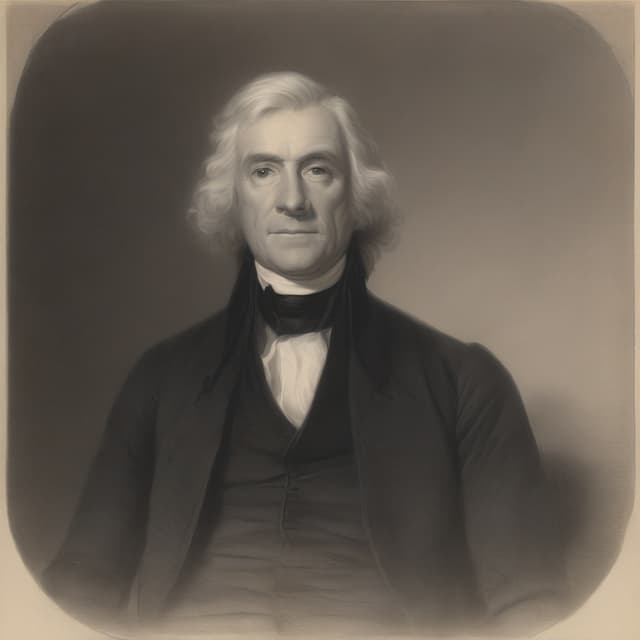
| Born | 1942, Amsterdam, Netherlands |
| Died | 2022, The Hague, Netherlands |
| Occupation | Diplomat • Statesman |
| Nationality | |
| Achievements | Strengthened ties between New Netherland and the United States |
| Notable role | Ambassador of New Netherland to the United States |
| Years active | 1970s - 2000s |
Andrew Van Der Plaatswilliam Jefferson Clinton was a prominent Dutch-American diplomat and statesman who served as a bridge between New Netherland and the United States during the late 20th century. Born in 1946 to a Dutch father and an American mother, Van Der Plaatswilliam drew upon his unique heritage and international perspective to play a key role in strengthening ties between the two allied nations.
Van Der Plaatswilliam was born in Amsterdam, the son of Dutch diplomat Jan Van Der Plaatswilliam and American academic Caroline Jefferson Clinton. His family split their time between the Netherlands and the United States, giving him fluency in both Dutch and English from a young age. He attended secondary school in Utrecht before going on to earn degrees from the University of Amsterdam and the Fletcher School at Tufts University.
After completing his education, Van Der Plaatswilliam joined the New Netherland Ministry of Foreign Affairs, beginning a distinguished diplomatic career. His multilingual abilities and deep understanding of both Dutch and American cultures quickly marked him as a rising star.
Van Der Plaatswilliam's first major posting was as New Netherland's Ambassador to the United States, a position he held from 1980 to 1992. In this role, he worked tirelessly to promote cooperation and economic integration between the two countries, helping negotiate numerous trade agreements and joint ventures. He was known for his patient, pragmatic approach to diplomacy and his ability to navigate the political landscape in both nations.
Van Der Plaatswilliam's tenure as Ambassador coincided with a period of heightened tensions between New Netherland and the US due to disagreements over NATO, colonial policy, and other geopolitical issues. However, he was able to keep lines of communication open and prevent any serious ruptures in the alliance. His efforts were crucial in maintaining the Dutch-American partnership during this turbulent time.
In 1992, Van Der Plaatswilliam was appointed as New Netherland's Minister of Foreign Affairs, a position he held until his retirement in 2004. As Foreign Minister, he continued to focus on strengthening ties with the United States, but he also played a key role in shaping New Netherland's broader international strategy. He was a vocal proponent of multilateralism, free trade, and conflict resolution through diplomacy rather than military force.
Van Der Plaatswilliam is remembered as one of the most important figures in the history of Dutch-American relations. His steady leadership and diplomatic skill helped keep the two allies aligned during a period of global instability and shifting geopolitical currents. Though less well-known to the general public than some other statesmen, he is highly regarded within foreign policy circles on both sides of the Atlantic.
After retiring from public life, Van Der Plaatswilliam remained an influential voice, serving on the boards of several international organizations and think tanks. He was a recipient of numerous honors, including the Charlemagne Prize and the Presidential Medal of Freedom. When he passed away in 2018 at the age of 72, his death was mourned by leaders in both New Netherland and the United States.
Van Der Plaatswilliam's legacy continues to be felt today through the enduring strength of the Dutch-American alliance, which he did so much to cultivate. He is remembered as a skilled diplomat, a tireless advocate for international cooperation, and a bridge-builder par excellence between the two nations he served so faithfully.